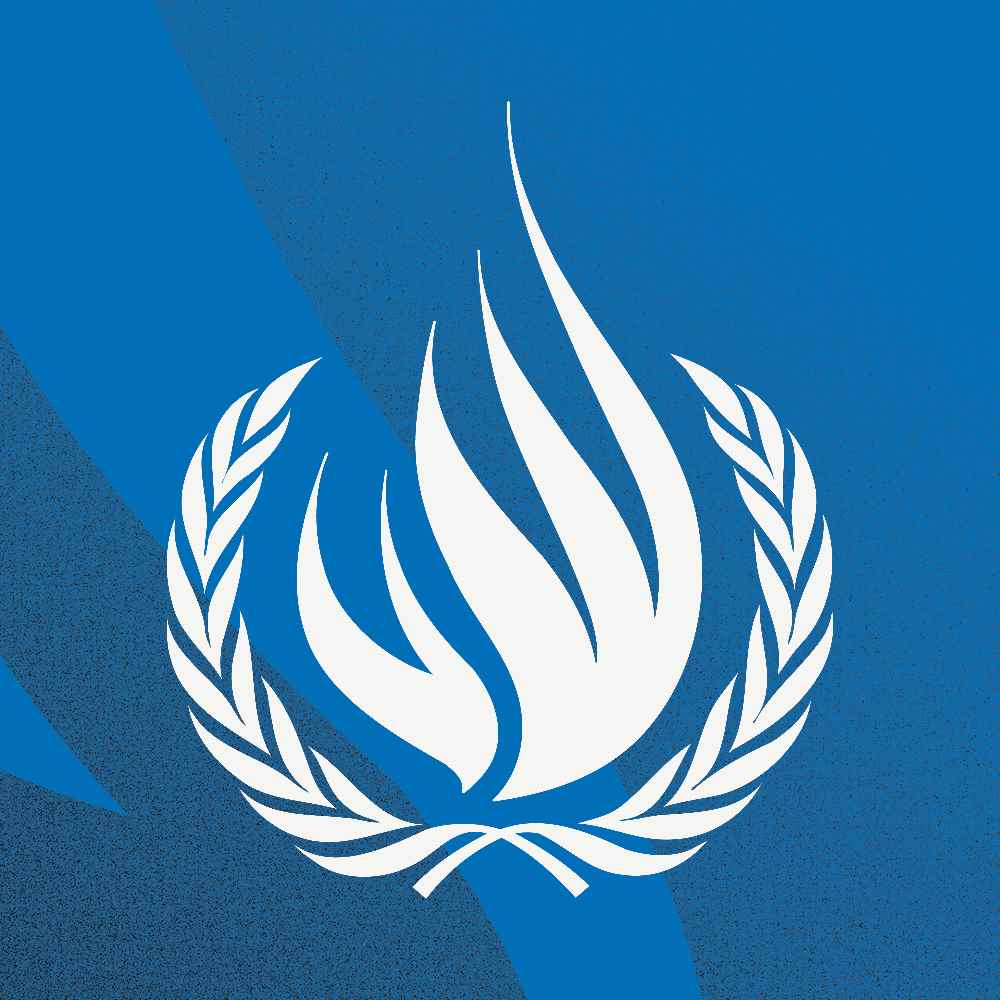
An Argentine court last week agreed to hear a genocide case brought by survivors of the 2017 “clearing operations” in western Myanmar and a UK-based Rohingya rights organization. The case was brought to the Buenos Aires court under the principle of universal jurisdiction, whereby certain particularly atrocious crimes can be prosecuted anywhere in the world under established norms of international law.
Similar to a case brought by the Gambia against Myanmar for the Rohingya genocide to the International Court of Justice in 2019, this latest judicial development is a step forward for the development of international law. It also boosts hopes that, in the near future, international law will finally develop enough teeth to actually be able to deter some of the worst crimes against humanity by demonstrating that violations of its statutes and norms will have consequences for individual perpetrators.
In agreeing to take up the case, the Argentine court explicitly invoked the “jus cogens” norms, which refer to certain preemptory norms in international law, whereby courts ought to take action to prevent future violations of the crimes against humanity defined in their foundational legal corpus. This is to say that the court reaffirmed, and therefore strengthened, the principle that courts everywhere are bound to hear cases of violations against the fundamental dignity of human beings anywhere in the world, in order to enforce accountability for such crimes on the perpetrators and thereby provide deterrence to potential future aggressors.
This move by the Argentine court proves that the mechanisms and principles to pursue the perpetrators of genocide, wherever they may be found, do exist in current international law practice. Which, unfortunately, raises the question of why this responsibility has not been taken up by courts in other countries — especially those countries that style themselves as champions of human rights and international law, particularly the powerful countries of the West.
If found guilty, the named leaders of the Myanmar military who allegedly orchestrated the genocide against the Rohingya, particularly at the height of the crisis in 2017, will likely be served with Argentinian arrest warrants. Admittedly, this will have only limited political fallout for those individuals, many of whom are currently heading the junta in Myanmar. And it would not have a huge practical impact on their lives or their position in the incumbent Myanmar government.
But if the example set by the Buenos Aires court is followed by courts in the US, the UK, Switzerland, Singapore, and so on — as the norms of jus cogens say they should — then this will absolutely have a direct impact on the prosecuted individuals, if they are found guilty in all those courts. All these countries, and all the companies (financial institutions, airlines, etc.) based in these countries, would then be forced to stop doing business with these individuals, which in practice would severely damage the leaders of the junta, who are currently cracking down on pro-democracy civilian protests in Myanmar, while also depriving them of the economic resources they rely on for their already tenuous grip on power.
Nevertheless, John Packer, director of the Human Rights Resource and Education Center at the University of Ottawa and convenor of the Newlines Institute’s Rohingya Legal Forum, believes that individual accountability should not be confused with state responsibility and reparation. “This prospect of accountability for some individuals should not be understood as a pathway for meaningful reparation,” he said. “That will require addressing the responsibility of the state, which is ultimately the entity in law and in fact both causing and capable of repairing the wrongs.”
This is a future that is being opened up by the Argentine court. It is a future in which there are consequences for some of the worst crimes against humanity that are taking place on the planet. A future where victims get at least an acknowledgement of the harms they have suffered and a chance to get some kind of just restitution. But all this requires that powerful Western countries that preach the gospel of international law and human rights live up to their own rhetoric and follow the example set by the Buenos Aires court. Now we know that such a future is possible, will our own institutions live up to their promise and deliver such a future for us?
Dr. Azeem Ibrahim is the Director of Special Initiatives at the Newlines Institute for Strategy and Policy in Washington DC and author of ‘The Rohingyas: Inside Myanmar’s Genocide’ (Hurst, 2017). Twitter: @AzeemIbrahim












